Ingestion of plastic by seabirds is a serious problem, but research into the issue is patchy, according to a new review paper. Of the 91 seabird species in Canada, 33 have at least one reported case of plastic ingestion, however detailed data on plastic ingestion over time is available for only 6 species. Plastic ingestion […]
Tag: birds
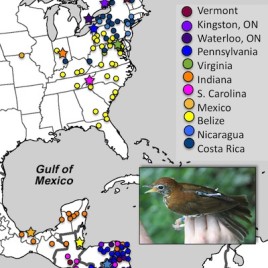
Wood thrushes ‘leap-frog’ during migration
Researchers have published the first detailed migratory map for different populations of wood thrushes. Over 100 birds were tracked using geolocators, a kind of ‘bird backpack’ that records sunrise and sunset times. Among other things, researchers found that the birds which travelled furthest north in the summer are also the ones that travel furthest south […]
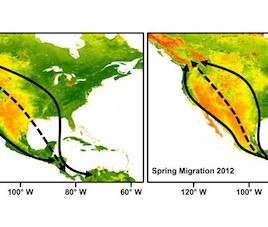
Mixed genes lead to mixed migration
A new study indicates that genetics can have a strong influence on bird migration patterns. Using geolocators strapped to the backs of Swainson’s thrushes researchers were able to map the birds’ migration from British Columbia to South and Central America each year. As expected birds of one population chose one route, while birds of another population chose another. However hybrid […]
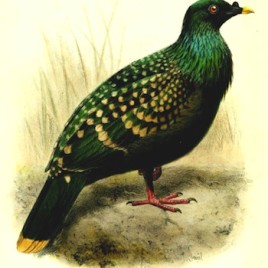
Spotted green pigeon was a unique species
DNA analysis has shed light on the origins of the mysterious spotted green pigeon, of which only one stuffed specimen remains. The specimen is held by the World Museum in Liverpool UK, but there is no record of where the pigeon was found, nor are there any records of sightings in the wild. DNA barcoding […]
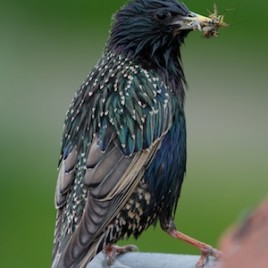
Link drawn between pesticide use and bird declines
Researchers in the Netherlands have drawn a link between use of the neonicotinoid (neonic) pesticide imidacloprid and declines in insect-eating birds. The study found that in areas of the Netherlands where imidacloprid concentrations in surface water were highest – more than 20 nanograms per litre – bird populations tended to decline by 3.5 per cent […]
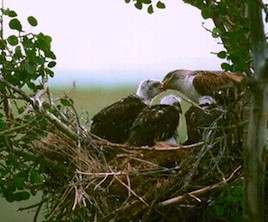
Hawks and owls have trouble as single dads
Some male hawks and owls have trouble adapting their behaviour in order to raise chicks on their own, a new study finds. In breeding pairs, the male is the primary provider of prey for their young while females tear the prey into right-sized chunks and also brood the chicks. (i.e. use their bodies to shield […]
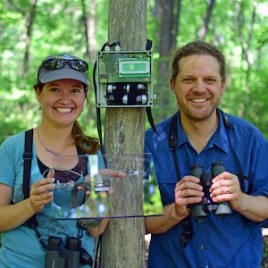
Night-time squawking helps track bird migration
New audio recordings confirm that Lake Erie is not a barrier to bird migration, but that birds pick their routes so as to stay above islands if possible. Migratory birds fly at night, so the team used audio recordings from the north shore of Lake Erie and from Pelee Island — in the middle of […]
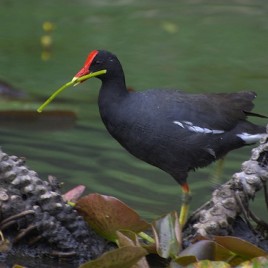
What’s in a bird’s name?
Scientific names of birds are not quite as accurate as one might think, but a new paper describes an online database that can help birders and biologists stay on the same page. A good example of changing names came in 2011, when the species known as the Common Moorhen was reclassified as a different species […]
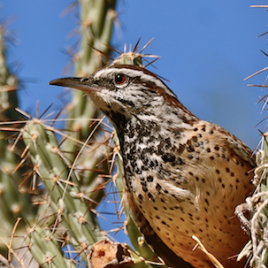
It takes a community to raise a healthy bird
A new study shows that birds that cooperate to raise their young have better year-on-year survival than those that don’t. In certain bird species – found mostly in Australasia or Africa – children from the previous year and from other parents help raise the newborns. A careful review of the research on this rare phenomenon […]
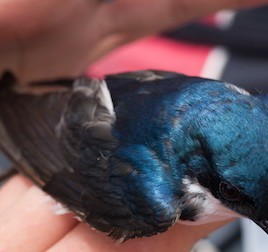
Tree swallows in Quebec in decline
A new study shows that tree swallows between Montreal and Sherbrooke became fewer (-19% population decline) and smaller (-8% weight loss) from 2005-2011, especially the females. Insect-eating birds are in decline all across northeastern North America, and pesticide use is a suspected culprit, but the authors did not find a link between weight loss and […]
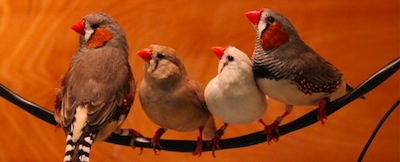
What bird brains can tell us about how we learn
When male songbirds sing to a female, they are note-perfect, but when they are singing by themselves, there are mistakes. By analysing the activity of brain cells, scientists have determined that this random error is actually generated in parts of the brain called the basal ganglia. They suggest that the behaviour is designed to help […]
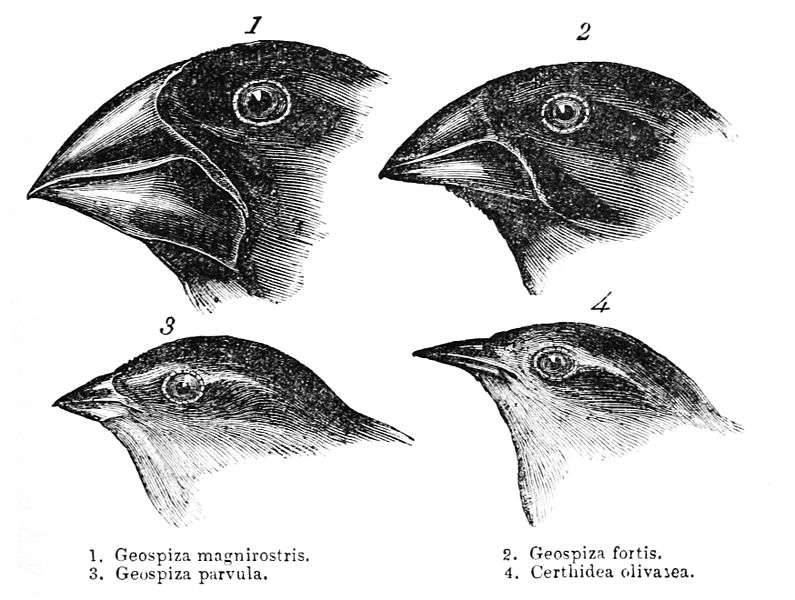
Looking to conserve bird evolution
We are currently in the middle of an extinction crisis, and birds are not spared. The authors from a new research paper conclude their approach could guide conservation efforts in order to maximize total biodiversity. Using a new mathematical approach to compare relationships among nearly 10,000 bird species, researchers have identified the species that are loneliest […]
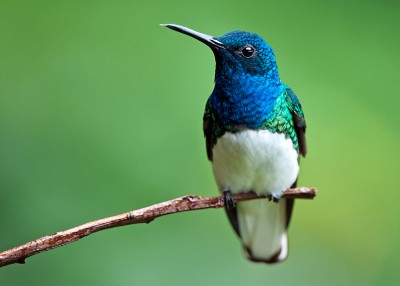
Hummingbirds species continue to diversify and adapt
A new study shows that hummingbirds continue to diversify and adapt to different ecological niches all across North America, South America and the Caribbean. Researchers used genetic studies to reconstruct the family tree of the smallest birds and have found that hummingbirds invaded South America 22 million years ago and diversified into 338 known species […]
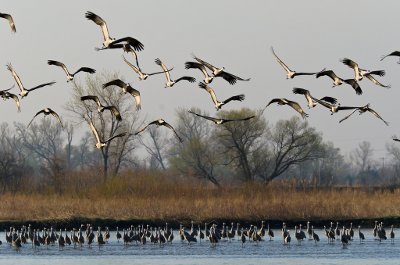
Migratory birds don’t track weather
Why do birds fly south in the winter? It’s not to escape the cold: a new study shows that migratory birds actually experience a wide range of climates over the course of the year despite their long journeys. The authors suggest that the relative lack of species diversity in places like Canada is not because […]
State of Canada’s Birds | Webinar recording
State of Canada’s Birds – June 26, 2012 There’s nothing more symbolic of Canadian summer than the call of the loon. But is the status of birds in Canada a loon call or a swan song? How are Canada’s over 450 bird species doing? Since the 1970s, birds have undergone an overall decline in numbers, […]
